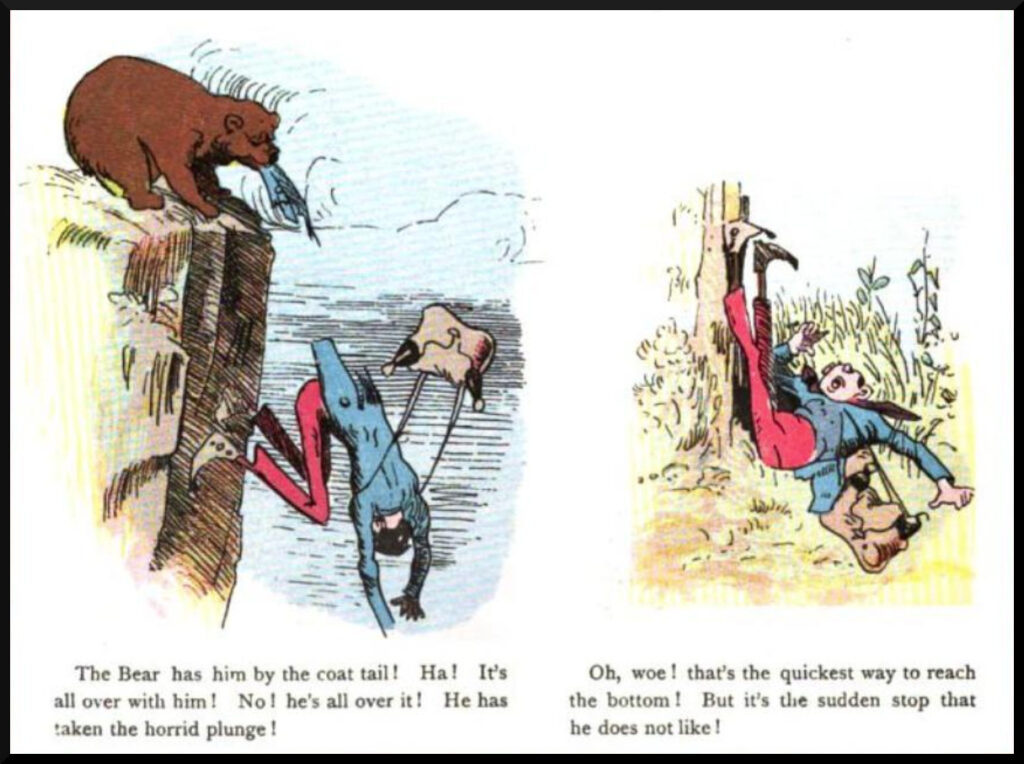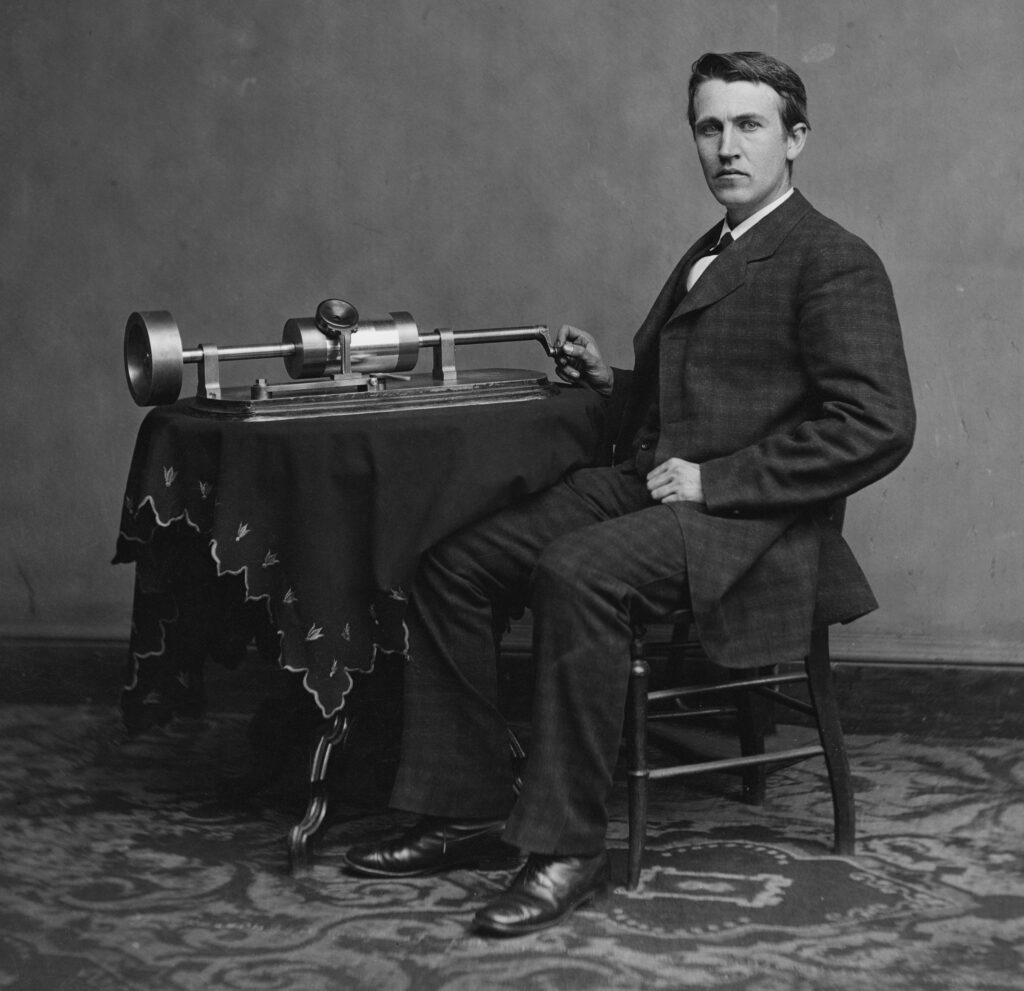Douglas Adams? Spike Milligan? Terry Pratchett? Charlie Bates? Harry Harrison? Anonymous?

Question for Quote Investigator: Prominent humorists have been credited with statements from the following family of jokes about collisions. Here are three examples:
(1) Falling doesn’t hurt you; it’s the sudden stop at the end.
(2) It isn’t the speed that kills people; it’s the sudden stop.
(3) Flying isn’t dangerous. Crashing is dangerous.
English author Douglas Adams, Irish comedian Spike Milligan, and English author Terry Pratchett have each received credit for telling jokes in this family. Would you please explore this topic?
Reply from Quote Investigator: This joke is difficult to trace because it can be phrased in many ways. The earliest match located by QI appeared in 1853 within an anecdote published in “The Ladies’ Repository” magazine of New York. Boldface added to excerpts by QI:1
After a late supper, and two or three extra glasses, Charlie Bates is apt to be somnambulistic. Night before last, being an occasion of this kind, he backed himself out of his chamber window and fell to the pavement, a distance of ten or twelve feet. A passer-by came up to condole with him, remarking, “You seem to have had a bad fall.” “My dear sir,” answered Charlie, “the fall was a trifle not worth mentioning; but the sudden stop was decidedly unpleasant.”
Thus, this family of jokes began many years before Douglas Adams, Spike Milligan, and Terry Pratchett were born.
Below are additional selected citations in chronological order.
Continue reading “Quip Origin: It’s Not the Fall That Hurts You; It’s the Sudden Stop at the End”







